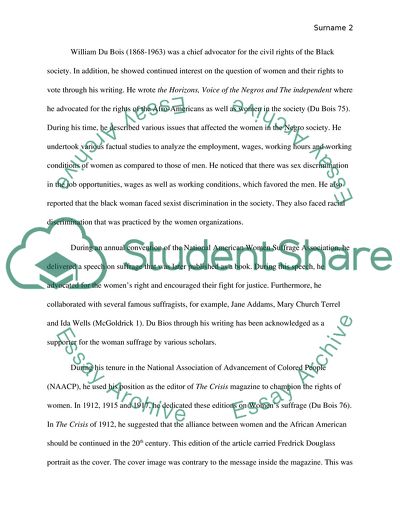Cite this document
(Womens Suffrage Essay Example | Topics and Well Written Essays - 2000 words, n.d.)
Womens Suffrage Essay Example | Topics and Well Written Essays - 2000 words. https://studentshare.org/history/1773863-womens-suffrage
Womens Suffrage Essay Example | Topics and Well Written Essays - 2000 words. https://studentshare.org/history/1773863-womens-suffrage
(Womens Suffrage Essay Example | Topics and Well Written Essays - 2000 Words)
Womens Suffrage Essay Example | Topics and Well Written Essays - 2000 Words. https://studentshare.org/history/1773863-womens-suffrage.
Womens Suffrage Essay Example | Topics and Well Written Essays - 2000 Words. https://studentshare.org/history/1773863-womens-suffrage.
“Womens Suffrage Essay Example | Topics and Well Written Essays - 2000 Words”. https://studentshare.org/history/1773863-womens-suffrage.


